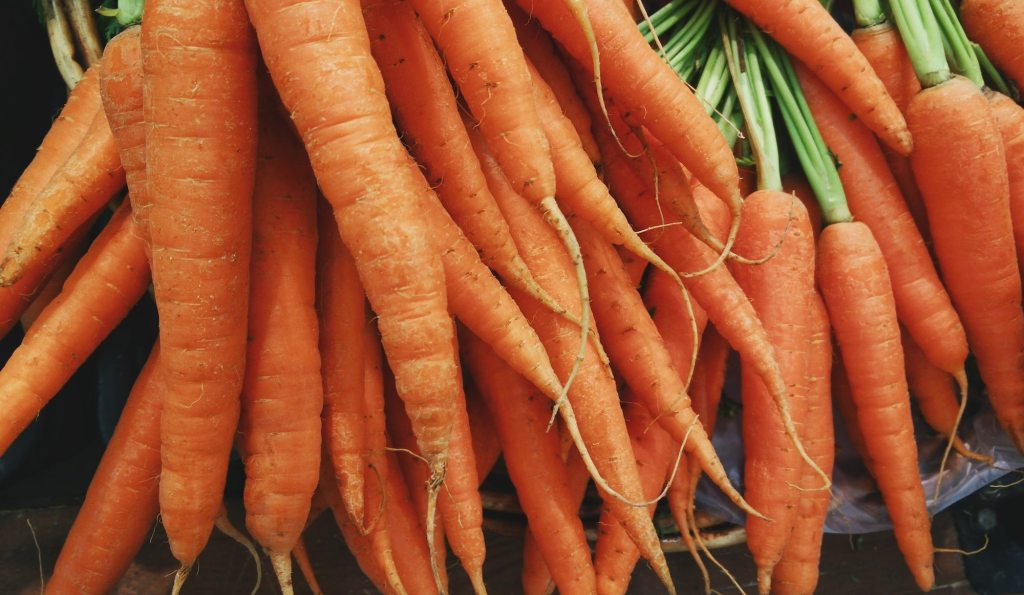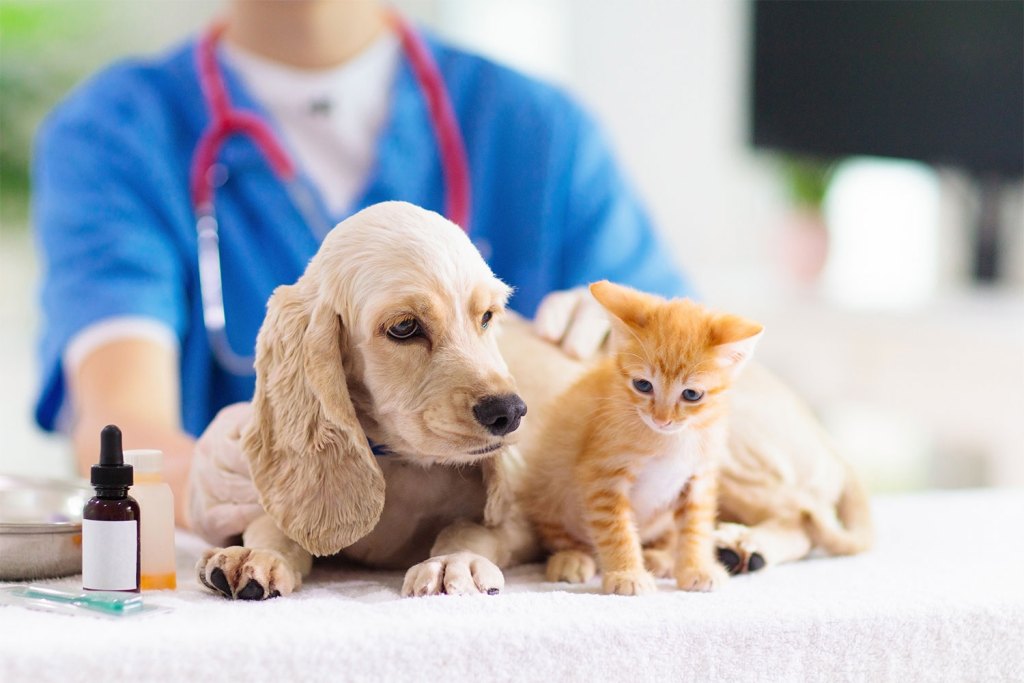No matter how old your dog is, how long you’ve had your dog, or what kind of dog you have, you want to feed him or her high-quality food with dense nutrition. Your dog’s food helps build the foundation for health and well-being, so it’s time to learn what to watch out for.
While the price isn’t always an indicator of quality, cheap foods do tend to have more things that don’t benefit your dog’s health. When you’re in the store or searching online, check for these dog food ingredients to ensure quality.

Real meat
Dogs are omnivores, but they do need access to high-quality protein from whole meat sources. Ingredients are listed with the highest amount first to the least amount last, so the first thing to look for is real meat as the first ingredient.
The first ingredient should be a specific protein source. Think “chicken” or “salmon,” not just an ingredient listed as “meat.” Reputable dog foods will name the particular meat source. Otherwise, it’s probably a low-quality meat selection.
Meat meals should be secondary
Meat meals with specific names — think “chicken meal” — can augment your dog’s protein levels and provide energy. They shouldn’t be the first ingredient on the list, though, and they should also offer a specific type of meat in origin.
In dried dog foods, fresh or frozen meats don’t have enough protein to sustain your dog’s growth and energy because they’re mostly water. Meat meals have been processed enough to remove the moisture and pack in more protein per serving.
Whole vegetables and fruits

Dogs aren’t exclusively carnivores like their feline counterparts, so fruits and vegetables are an excellent way to get the vitamins and minerals they need. Whole fruits and vegetables have more of their nutrients intact, so look for something like “carrots” rather than fractions.
You don’t have to avoid fractions entirely — think rice bran or tomato pomace — but these should be listed further down on the list. You’ll ensure your dog gets more variety in his or her diet this way.
Good fats
Fats should also be specific in origin. Duck fat would be a good example, something that can help your dog’s skin and coat, while “animal fat” is dubious in origin and should be avoided. These fats help your dog sustain energy and provide support for the brain and skin.
Don’t write off grains
While there could be some evidence that gluten and grain are allergy-causing foods, many pets thrive on a combination of whole meats, whole fruits and veggies, and complex grains to keep up energy. Just ensure that grains are not anywhere in the top five ingredients to ensure the proper amount of protein.
Complex grains in dog food provide good sources of fiber and ensure that your dog can maintain energy levels. If you suspect your dog is allergic to certain ingredients, such as grains, talk to your veterinarian about what to do.
Ingredients to avoid
While you’re reading the entire nutrition label, here are a few deal breakers:
- Artificial sweeteners: No dog food should have to add sweeteners to encourage dogs to eat. This could increase weight gain and lay the foundation for chronic health problems later.
- Unidentified meats and meat products: Ingredients listed as just “meat” are a no-go. You might be able to slide by with “poultry,” but this makes it more challenging to assess the quality.
- Artificial hormones: Your dog’s food should mimic a natural, wild diet.
- Artificial colors or flavors: Color doesn’t encourage your dog to eat, and artificial flavors should be unnecessary if your dog’s food has the right protein levels. These do more harm than good.
- Soy meal as the first ingredient: This is often a genetically modified organism (GMO) ingredient and doesn’t provide the available protein your dog needs to thrive.
While you’re reading the labels, check the “best by” date on the food. It should be at least six months — but no more than two years — out to ensure that the food has a good shelf life and was made relatively recently.
Talk to your vet first

Any time you choose to change their diet – or even switch to homemade dog food – it is essential to talk to your veterinarian about what’s best for your pet. Puppies will require specific concentrations of dog food ingredients, as will pregnant, nursing dogs, or senior dogs.
Your vet will help you figure out the best foods to feed your dog, how to handle any upset stomachs or potential allergies, and the best serving sizes based on your dog’s recommended weight. Your vet is a valuable resource for learning to feed your dog correctly and discerning which dog food is the real deal.
Don’t be fooled by the price. Dogs have complex food needs and will require different, whole ingredients to receive proper nutrients. Read all labels carefully and pay attention to signs of issues. Your dog’s food is the foundation for health and well-being, so choose wisely.
Editors' Recommendations
- The Best Dry Dog Food of 2023 for a Balanced Diet
- Taking your dog’s collar off at night: Safe move or safety risk?
- How to tell if your older dog’s health decline means the end is near
- My dog is shaking and acting weird – should I worry?
- Xylitol is dangerous for dogs: 10 surprising products that contain it as a hidden ingredient



